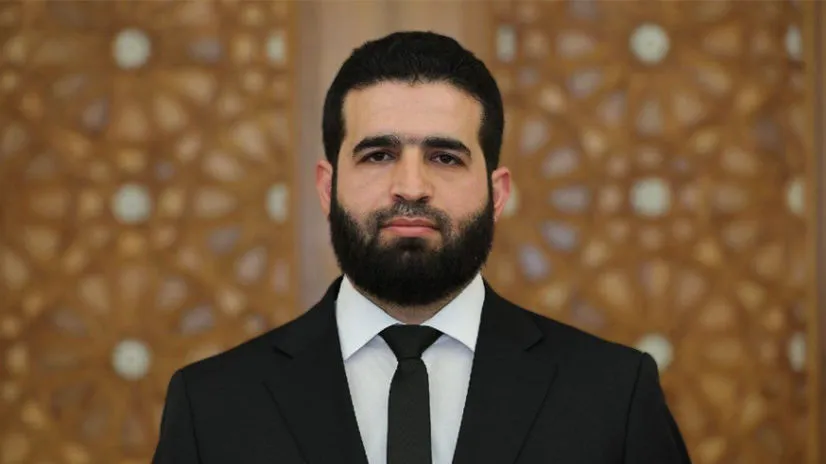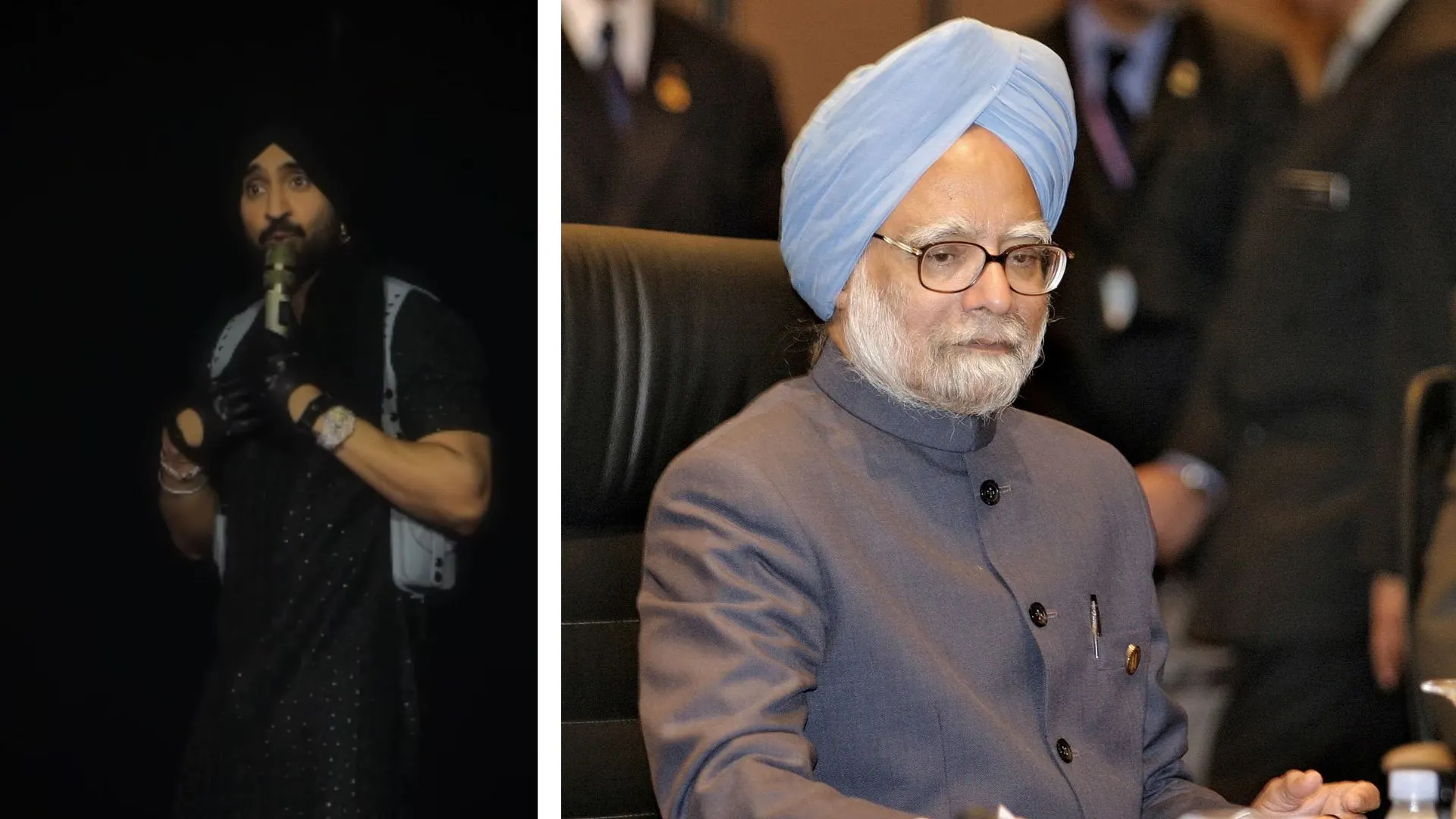A London chauffeur, Jihad Abousalah, 47, was sentenced to a 12-month community order and ordered to complete a 30-day rehabilitation activity requirement after being found guilty of stalking Haya Al-Thani, a Qatari princess. Abousalah, employed as Al-Thani’s chauffeur, became obsessed with the belief that he was in a romantic relationship with her.
Escalating Behaviour and Distress to Princess
Prosecutor David Burns described how Abousalah’s obsession grew, as he sent gifts including a bracelet, flowers, and birthday wishes. Al-Thani, who was residing in Doha, began receiving numerous phone calls from Abousalah, and his behaviour escalated further when he attempted to send flowers to her London residence through her staff.
Concerns grew when Abousalah’s persistent actions led Al-Thani to feel unsafe in her own home. She sought the help of her husband, Mohamed Al-Thani, who arranged private security to ensure her protection.
Disruption and Fear in Al-Thani’s Life
The impact on Princess Haya’s daily life was profound. According to the prosecution, she reported feeling alarmed and unable to go about her normal activities due to Abousalah’s actions. She even expressed concerns about his knowledge of her children’s schedules. Abousalah’s behaviour made her so fearful that she frequently checked her windows for his presence.
Defense Cites Mental Illness as a Factor
Abousalah’s defense counsel, Sundeep Pankhania, argued that his client’s actions were the result of mental illness, claiming that Abousalah genuinely believed he was in a relationship with the princess. He had even divorced his wife because of this delusion. The court acknowledged the influence of Abousalah’s mental health on his actions but stressed the “very serious distress” caused to Al-Thani and her family.
Judicial Recognition of Remorse and Mental Health
Judge Louisa Cieciora acknowledged Abousalah’s mental illness but emphasized the significant distress caused by his actions. She took into account his remorse while sentencing him. Abousalah was handed a community order with rehabilitation activities and issued a three-year restraining order, barring him from contacting Princess Haya Al-Thani, her husband, or entering London’s Hyde Park.
This case highlights the profound impact of mental health on behaviour and the importance of safeguarding individuals from persistent harassment. Abousalah’s actions left the Qatari princess and her family in distress, and the court’s decision reflects the need for both accountability and mental health support.





















